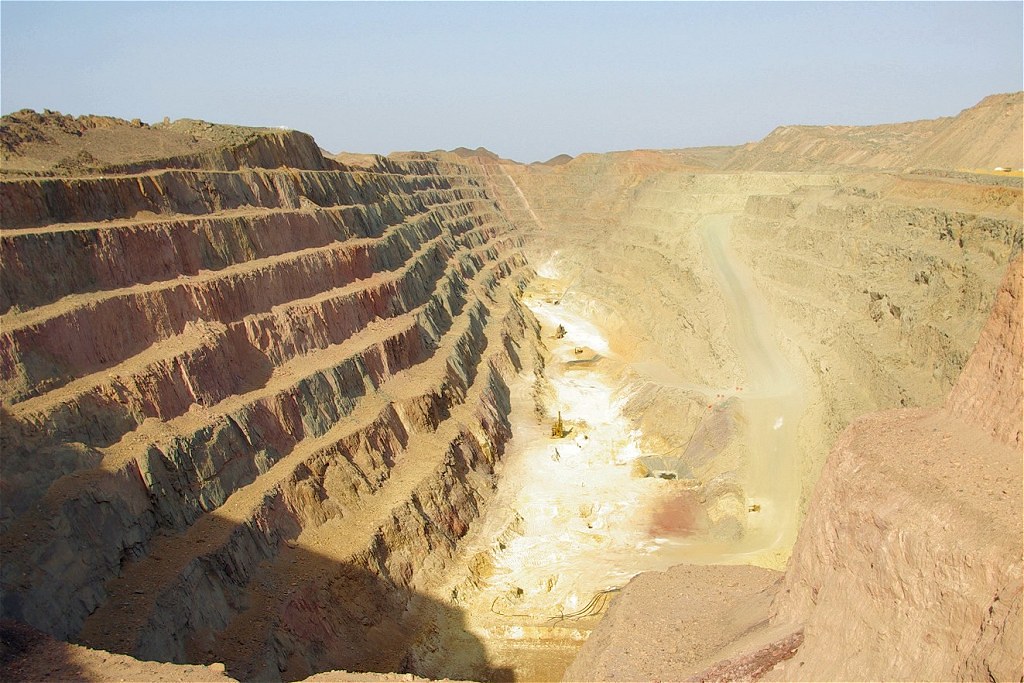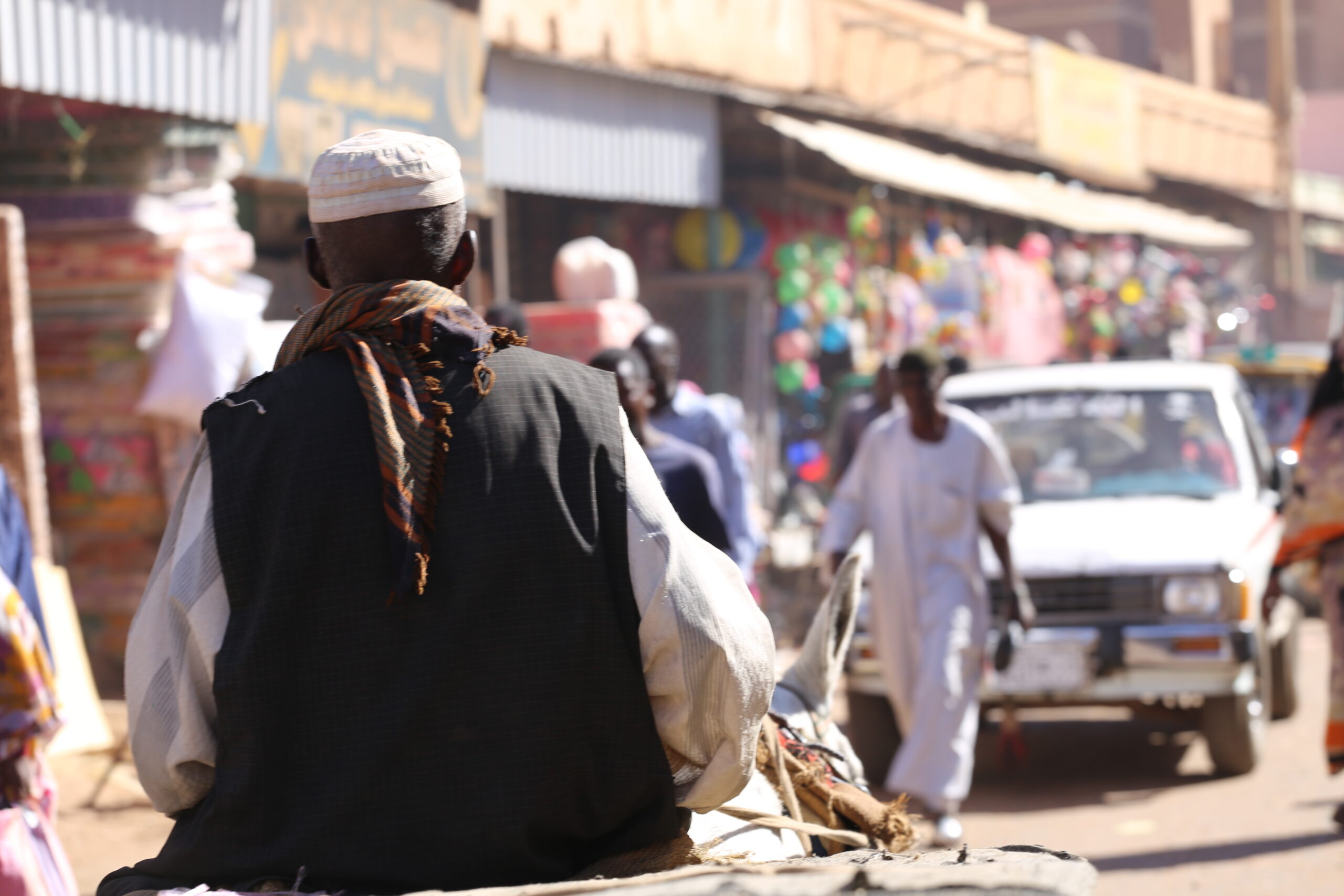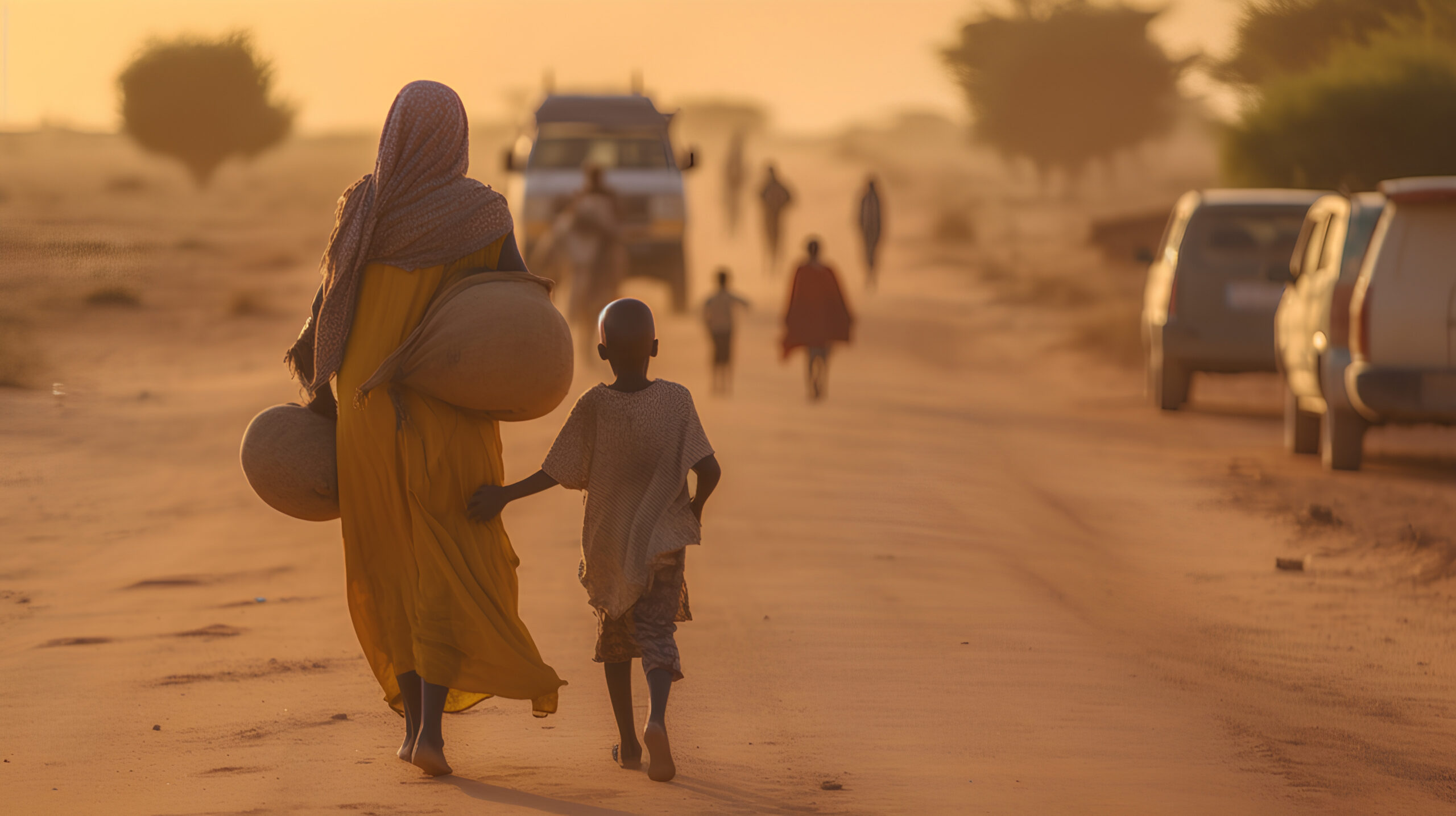How will traumatic decarbonization affect peace processes and political settlements in fragile oil-producing states in Africa and the Middle East?
Sudan lost three-quarters of its oil resources after South Sudan’s separation in 2011. This paper explores the consequences of Sudan’s experience with traumatic decarbonization and how this informs thinking on the durability of systems of monetized political governance: political marketplaces. First, the lasting power of Sudan’s leftover oil shows that even in exceptional cases, where the loss of oil is so abrupt and deep, ruling regimes can cling onto power and maintain their position in the political marketplace. By exploiting the remaining oil resources and tapping into alternative resources, regimes can – at least temporarily – plug gaps in political budgets to maintain the patronage networks that ensure their political survival. Second, new resources, gold in Sudan’s case, do not necessarily change existing political marketplaces. Sudan demonstrates that even with new political figures at the top, political marketplaces often hold the same attributes as former ones. What new resources do influence, however, is who rises and who falls within a political marketplace. Finally, the paper shows how the fluidity and diversity of regional and international relations and commerce also allow domestic actors to maintain political marketplaces. The end of oil corresponded with China’s disengagement as Sudan’s primary economic partner and the UAE
and other regional states stepping in.
Access the full report, Oil, Guns and Gold: The Violent Politics of Sudan’s Resource Booms
The Carbon Compacts, Decarbonization, and Peace in Fragile States in Africa and the Middle East project was a 21-month research project led by the World Peace Foundation at Tufts University and funded by the United States Institute for Peace. Our goal within the project was to analyze how traumatic decarbonization—a rapid loss of oil rents—would affect peace processes and political settlements in fragile oil-producing states in Africa and the Middle East.
Cover Photo: Hassai-South Gold Mine, Francois Bouf, June 2007 | Flickr (CC BY-NC-SA 2.0)



